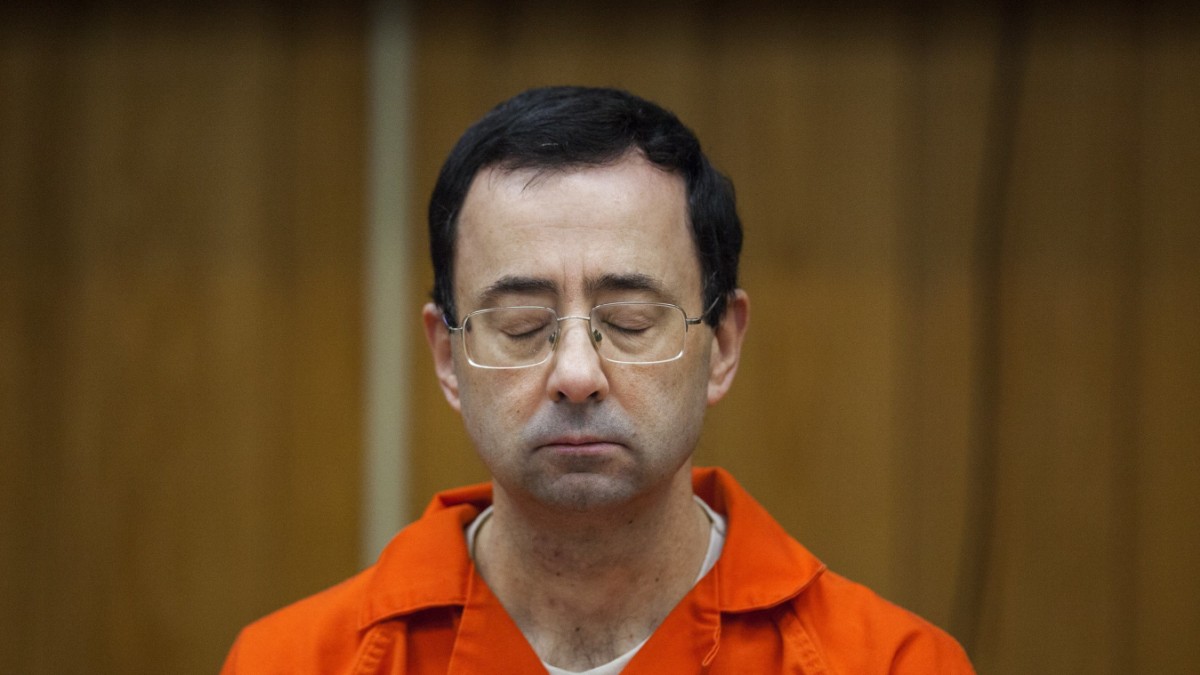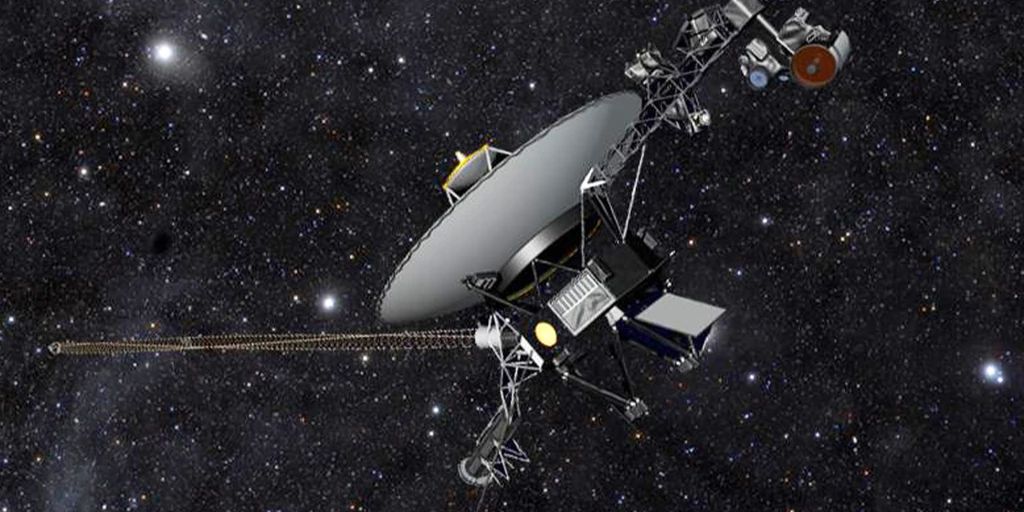The US has placed the Israeli developer of spyware Pegasus on its sanctions list. Therefore the company is subject to trade restrictions with US companies. A Trojan horse developed and distributed by the NSO Group, with which it is possible to spy on mobile phones without vulnerabilities and unnoticed, has been the focus of the Pegasus project’s discoveries through international media collaboration.
Research conducted by Germany in addition to Sueddeutsche Zeitung Also NDR, WDR and time concerned, to shed light on the misuse of software that was originally intended for security purposes. With the help of Pegasus, hundreds of human rights activists, journalists and lawyers on five continents have been selected as the targets of the powerful spy program. Several politicians, including former presidents, prime ministers and heads of state, have also been targeted.
The US Department of Commerce has now announced that there is evidence regarding the NSO Group and another Israeli company, software company Candiru, that these companies “developed and provided spyware to foreign governments that used these tools for malicious surveillance of government officials, journalists, businessmen, activists, academics, and embassy personnel.”
A company spokesman said NSO Group was “dismayed” by the decision. She said NSO’s technologies support “US national security interests and policies,” “through the prevention of terrorism and crime.” So the company will act to reverse this decision.
The press release stated that a total of four companies were on the list because their activities “contradict the national security or foreign policy interests of the United States.” Positive Technologies (Russia) and the Computer Security Initiative Consulting (Singapore) trade in Internet tools “which are used to gain unauthorized access to information systems and thus threaten the privacy and security of individuals and organizations around the world”.
Project Pegasus caused an uproar around the world because many people identified as a spy target only discovered through research that their cell phones could be hacked. Traces of Pegasus can then be detected on dozens of cell phones. The Paris-based non-profit editor Forbidden Stories and Amnesty International had access to lists of nearly 50,000 phone numbers and shared them with media outlets from ten countries.
The list also included a number of French President Emmanuel Macron as one of a total of 14 heads of state and government who could be the target of espionage attacks. The Elysee Palace made serious allegations at the time, and Macron held a meeting of the National Security Council and confronted Israeli Prime Minister Naftali Bennett in person by phone. Morocco, suspected of being the instigator of the attacks against the French government, vehemently denies such an accusation.
Yemeni Prime Minister Ahmed Obaid bin Daghr, Saad Hariri from Lebanon, Ruhakana Ruganda from Uganda, Algerian Prime Minister Noureddine Badawi, Mustafa Madbouly from Egypt, Prime Minister Saad Eddin El Othmani from Morocco, and Imran Khan, Prime Minister of Pakistan. Also affected.
In Germany, the Federal Criminal Police Office and the Federal Intelligence Service admitted that they had Pegasus.
Export restrictions apply to trade in US goods with respect to companies included in the so-called “Entity List”. The United States uses it to impose sanctions on companies whose activities are inconsistent with the national security or foreign policy interests of the United States. According to the US Department of Commerce, companies can still do business with companies on that list. But it notes that “transactions of any kind with listed companies are marked in red” and recommends that US companies “proceed with caution with such transactions.”

“Alcohol buff. Troublemaker. Introvert. Student. Social media lover. Web ninja. Bacon fan. Reader.”





More Stories
An American company wins the Omagari Fireworks Festival
Pun: What is the funniest brand name in the UK?
Venezuela is turning to cryptocurrencies for its oil business